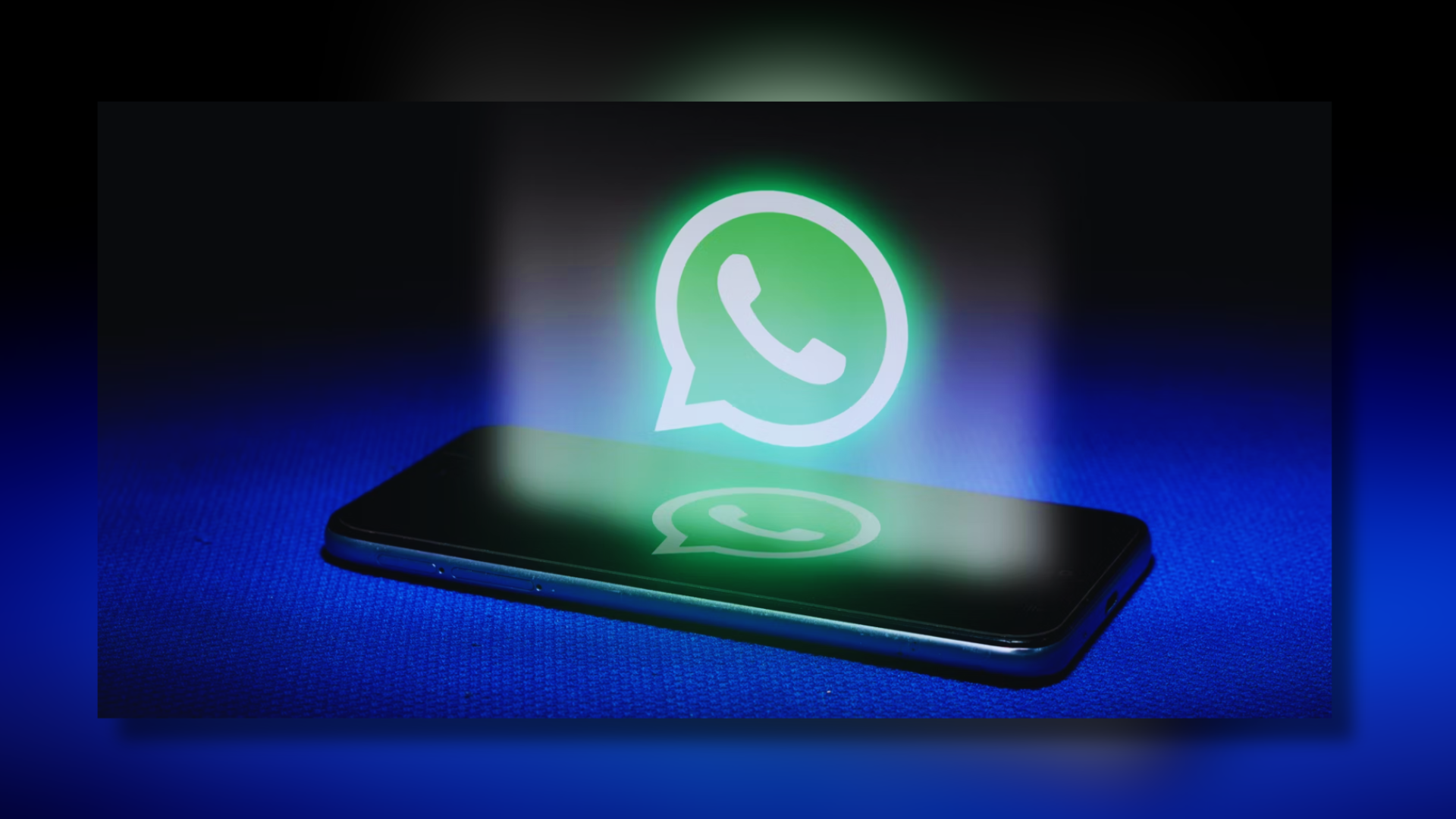WhatsApp the instant messaging platform has informed The Delhi High Court that it would effectively halt its operations in India if required to violate message encryption. Owned by Meta, the company emphasized the importance of end-to-end encryption in protecting user privacy, ensuring that only the sender and recipient have access to message content.
Allegedly, Meta CEO Mark Zuckerberg stated during a virtual address at Meta’s annual event last year, “India (is) a country that’s at the forefront… You’re leading the world in terms of how people and businesses have embraced messaging,”
“We, as a platform, are stating that WhatsApp must go if we are instructed to crack encryption,” Tejas Karia, speaking on behalf of the company, informed a Division Bench, as reported by the Times of India. Karia highlighted that WhatsApp’s privacy features are the primary reason for its user adoption. India stands as the platform’s largest market, boasting over 400 million WhatsApp users.
READ MORE
CIEL Reports 37% Surge in Fossil Fuel Lobbyists at UN Talks Targeting Plastic Pollution
WhatsApp and Facebook’s parent company Meta are challenging the Information Technology (Intermediary Guidelines and Digital Media Ethics Code) Rules 2021. These rules require the tracking of conversations and identification of message originators. The companies argue that the regulation violates user privacy rights protected by the Indian Constitution and undermines encryption.
The messaging platform argued that the regulations pose a threat to user privacy and content encryption. Furthermore, it violates users’ fundamental rights as outlined in Articles 14, 19, and 21 of the Indian Constitution.
Reportedly, Karia said, “There is no such rule anywhere else in the world. Not even in Brazil. We will have to keep a complete chain and we don’t know which messages will be asked to be decrypted. It means millions and millions of messages will have to be stored for a number of years.”
The government’s stance
Representing the central government, Kirtiman Singh endorsed the restrictions, emphasizing the importance of tracing message originators. Singh stated that such a process is crucial in the current environment.
On August 14, the Delhi High Court set a hearing date for the applications submitted by WhatsApp and Meta. The bench noted that achieving a “somewhere balance” is necessary as privacy rights are not absolute.
ALSO READ
French National Library Implements Quarantine For Books Suspected Of Arsenic Contamination





















